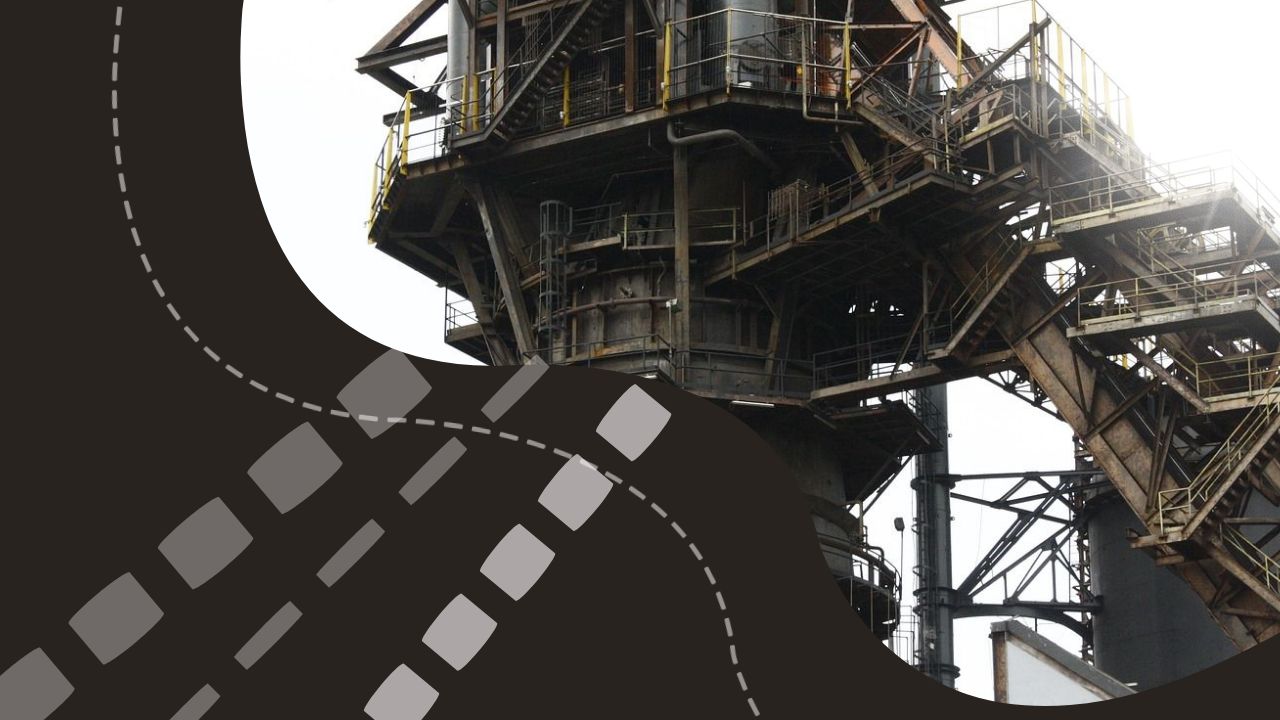A further 42 million tonnes of coal is to be dug up at Aberpergwm mine, near Glynneath, in Neath Port Talbot.
Climate campaigners lost a legal challenge over the site’s future last year but were granted an appeal.
Welsh government lawyers argued they had no authority over how the mine’s plans were approved.
Aberpergwm mine’s licence dates to the 1990s, but was altered in 2013 to expand the maximum area that could be mined in future, subject to conditions.
In 2020, operator Energybuild applied to the UK Coal Authority to dig part of this wider area.
The authority decided the company met the conditions and said it had a “legal duty” to allow the work.
Powers over coal mining operations had been handed from Westminster to Cardiff Bay as part of the Wales Act 2017.
At Cardiff Justice Centre, Coal Action Network’s lawyers argued this meant ministers could have stepped in to stop extra mining at Aberpergwm.
The environmental campaigners, who had gathered in front of the court with banners and placards calling for an end to UK coal mining, said it was their “last stand”.
They urged the Welsh government to “put its climate policies into action”.
Inside, legal arguments focused on when authorisation for the mine’s expansion came into existence.
Questions were asked over whether what was proposed constituted a new mine application.
“Coal operations have never existed and no coal has been taken from the seams in that extended area,” argued Estelle Dehon KC for the campaigners.
Gregory Jones KC, for the Welsh government, said the Coal Authority could not have “gone back” on the licence, which was authorised before Welsh ministers had any influence.
“The licence has already been granted, and there’s a package of authorisations and conditions within it,” he said.
Aberpergwm mine employs 184 people, including 20 apprentices.
Following the hearing, the Court of Appeal will issue a judgement, which could take several months.

